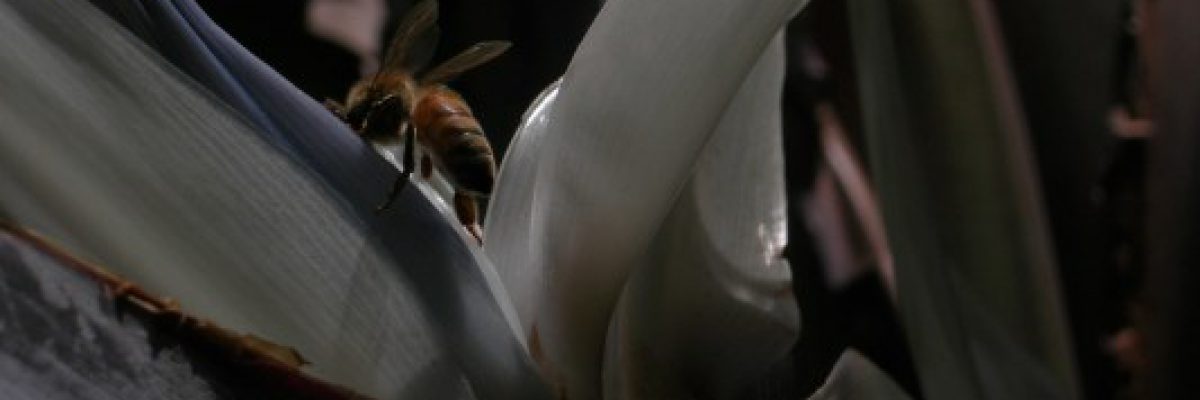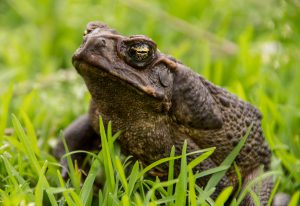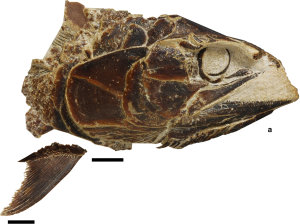12 years ago, scientists noticed that the bees, and especially the honey bee, were disappearing. It is a worldwide phenomenon and its reasons have only recently become clear. Bees are critical in their ecosystem, and their contribution to agriculture and food production is invaluable.
You may be aware that “If you eat then you are involved in agriculture,” and I assume most of us do. The bees are the exclusive pollinators of many plants, especially fruit such as apples, strawberries, watermelons, and asparagus, the staple food used for cattle. Harming the bees means damage to agriculture and the ecological – environmental balance.
There are several reasons for the decline in the number of bees, the first is pesticide use on plants. These substances, which are mainly designed to eradicate insects, work as nerve gas on the bee. Consuming it, the bee may become disoriented and lose its way back to the hive or die from its consumption.
In addition, because of the expanding land loss to agriculture and industry, whole areas of the world are becoming totally flowerless.
These first two reasons lead to a greater difficulty in dealing with the third reason, which is the ability of bees to cope with bacterial and viral diseases that affect them. This often happens because the bees’ diet is poor and they suffer from various toxins.
Researchers from Finland have tried to treat one of the bee’s bitter enemies, the American foulbrood. It is a contagious disease that can eliminate an entire hive at a dizzying pace. A bee handler can often transfer the bacteria to the larvae in the hive. The bacterium feeds on the larva, produces additional spores and spreads rapidly throughout the hive.
The bees do not have antibodies in their immune system, so a long time scientists believed that they had no immune memory. However, researchers have since found that bees, which were exposed to a bacterium once, had increased chances of coping with another infection. That is, although the bee has no antibodies it has a different immune memory mechanism.
Researchers have discovered that bees have a protein called Vitlogenin that binds itself to the attacking bacterium creating a bonding “signature” and thus preserve immune memory. Accordingly, the ability of the bee to cope with further infection is increased. Moreover, the researchers found that if the queen bee possesses the signature protein, she passes it on to the future generation in the eggs she lays.
So Vitlogenin protein works as a bee vaccination and hive owners should buy a queen bee that possess the signature bond protein and thus have a beehive that is immune to the bacterium.
Beyond the development of the bee protection vaccine there is another very simple way to help bees, simply plant flowers. This way bees have access to pollen and nutritious nectar.
This article was edited by Tammy Kaplan Zabari.






